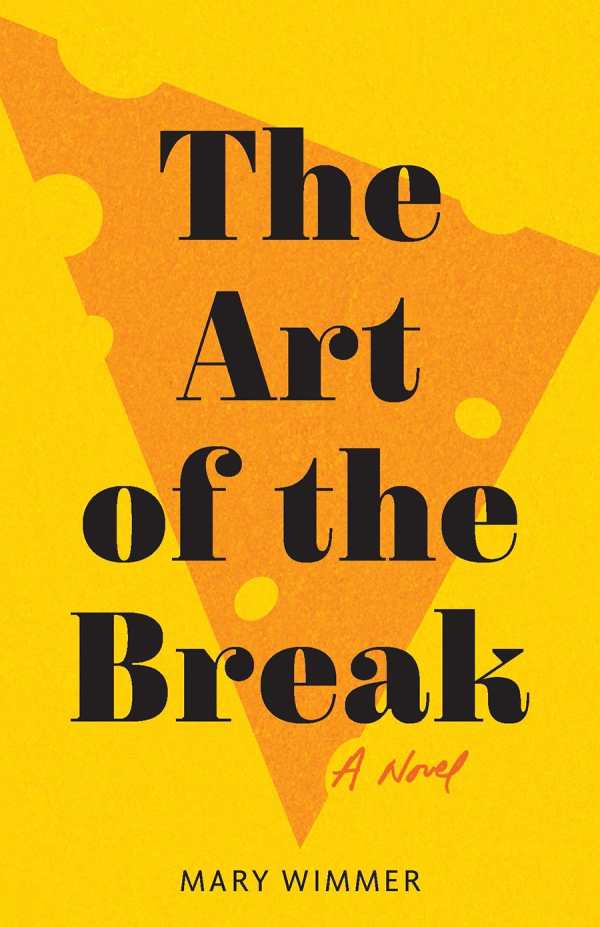The Art of the Break
In Mary Wimmer’s atmospheric novel The Art of the Break, a woman inherits her father’s cheese-making business.
In mid-1970s Milwaukee, Charlie is having increasing marital problems with Rick, her Vietnam veteran husband. An alcoholic, Rick is also unfaithful and unstable. When Charlie’s father suffers a fatal heart attack, she feels compelled to return to her Wisconsin hometown and take over the family business, Morgan Cheese. Charlie wants to raise her young daughter, Lucy, in a place with clear air and “giant pine forests” while distancing herself from her marriage.
The novel includes fascinating insights into cheese making, like the “art of the break,” when the coagulated curds are ready for the next step in preparation. From hauling vats of milk to calculating the aging process, the work requires physical strength and intuitive patience. Charlie is also determined to produce her father’s special white English cheddar recipe, created in memory of Charlie’s British-born mother.
Along with her own cheese-mongering experience, Charlie’s degree in biochemistry allows her to understand the scientific aspects of cheese production. However, now in control of Morgan Cheese, Charlie struggles to pay her father’s debts and obtain additional financing. And at the precipice of an era that meant significant advances in women’s equality, Charlie’s loan application is treated with sexist indifference by a leisure-suited banking officer. Still, vulnerable yet determined, Charlie persists in reestablishing Morgan Cheese.
The vibrant Wisconsin backdrop incorporates Milwaukee’s urban diversity, Madison’s free-spirited social consciousness, and the natural beauty of Charlie’s hometown, Falls River, with its wildflowers, wildlife, snowy winters, and caring community of neighbors. With an evocative sense of history and place, The Art of the Break is a novel about the complex traditional and emotional legacies of family businesses.
Reviewed by
Meg Nola
Disclosure: This article is not an endorsement, but a review. The publisher of this book provided free copies of the book to have their book reviewed by a professional reviewer. No fee was paid by the publisher for this review. Foreword Reviews only recommends books that we love. Foreword Magazine, Inc. is disclosing this in accordance with the Federal Trade Commission’s 16 CFR, Part 255.

